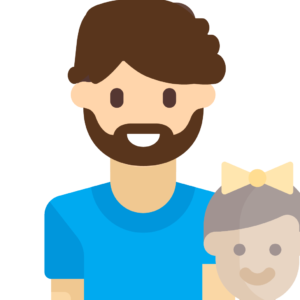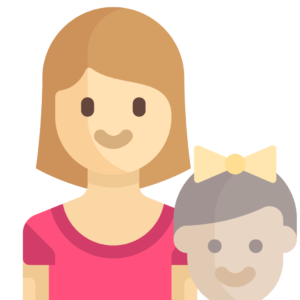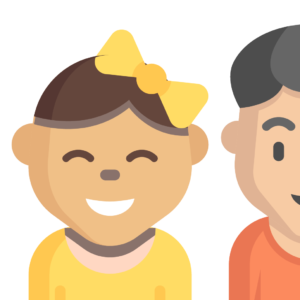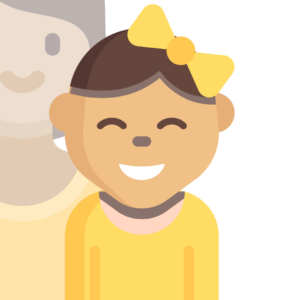First, no matter what culture you visit, you’re going to find that other people may feel their own way about their family than you do. For instance, in Arab culture, people are very loyal to their kin. In fact, the family is quite often put above all else in Arabic countries. Moreover, you’ll witness this during Eid al-Fitr every year when huge families unite for the feast.
However, going beyond just hanging out, people are likely to side with their family when they do not agree with other members of their tribe. Also, you will see that each member helps out other kin without even thinking twice about themselves. Additionally, there is a deep respect for elders who are often conferred within both large and small matters. On the other hand, until they get married and start a family of their own, children are likely to live with their parents.
At the same time, when you speak about your family in Arabic, you’ll see a difference in the way Arabs refer to their next of kin. For example, in English your aunt is the sister or sister and law of your mom and dad. That is to say, there is no difference when we refer to your mom’s sister or your dad’s sister (or sister-in-law, as the case may also be). However, in Arabic your paternal aunt is
‘ammah while your maternal aunt is
halah. Furthermore, the same goes for nearly every member of the family from the great-grandparents all the way down to your newest cousin. Once you figure out what side of the family you’re talking about, however, things get a bit easier from there.
عَائِلَة
/ʻaaʼilah/
Means
Family

أَبّ
/ʼabb/
Means
Father

أُمّ
/ʼumm/
Means
Mother

أُخْتْ
/ʼukht/
Means
Sister

أَخّ
/ʼakh/
Means
Brother

اِبْن
/ibn/
Means
Son

اِبْنَة
/ibnah/
Means
Daughter

Adding ي
to any noun will turn it into a possessive pronoun
As in (My House)
بَيْتــي
/baytee/

Adding كَ
to any noun will turn it into a possessive pronoun
You (Masculine/ Singular)
As in (Your House)
بَيْتُـكَ
/baytuka/
Adding كِ
to any noun will turn it into a possessive pronoun
You (Feminine/ Singular)
As in (Your House)
بَيْتُـكِ
/baytuki/
Adding ـه
to any noun will turn it into a possessive pronoun
You (Masculine/ Singular)
As in (His Mother)
أُمُّــه
/ʼummuh/
Adding ـها
to any noun will turn it into a possessive pronoun
You (Feminine/ Singular)
As in (His Mother)
أُمُّــها
/ʼummuhaa/
عِنْدي
/ʻindee/
Means
I have/ own
عِنْدَكَ
/ʻindaka/
Means
You have/ own (Masculine)
عِنْدَكِ
/ʻindaki/
Means
You have/ own (Feminine)
For more info regarding family in Arabic and how to learn Arabic online,
you can download the Arabic learning app Kaleela to learn Arabic the right way.









